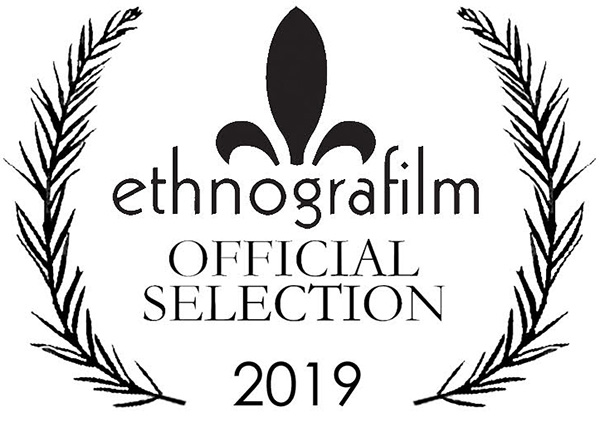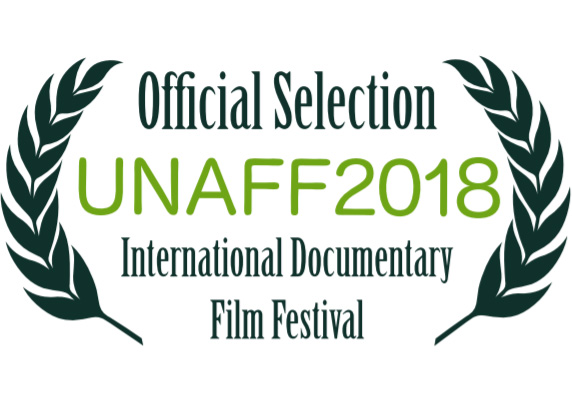

The Film
The Flight of the Condor traces the global circulation of the melody “El Condor Pasa”: from the Andes mountains to global metropoles; from Lima to Paris to New York, and back; from panpipes to piano and from symphony orchestras to the disco; from indigenous to popular music; and from world music back to national heritage. Some of the protagonists are: Paul Simon, Art Garfunkel, Daniel Alomía Robles, Alan Lomax, Los Incas, the Cerro de Pasco Copper Company, the Victor Talking Machine Corporation, the Falangist Socialist Party of Bolivia, Chuck Berry, NASA, WIPO and UNESCO.
The story that the film tells shows how individual personalities and states can shape texts that become the foundation of global narratives; and how propositions made for a particular local reason become global instruments with entirely different effects in other corners of the world. Unpacking the global/local dialectic, the film is a case study in paradox; it analyzes the prehistory of international heritage/copyright norms, the way that prehistory travels in oral and written circulation, and the enduring problems it points to in the implementation of these norms.
The film has Spanish, French, English, Italian, Icelandic and Mandarin Chinese subtitles which can be changed using the CC icon in the video player below.
Film Festivals (Official Selection)
- UNAFF 21st United Nations Association International Documentary Film Festival, Palo Alto 2018 (Official Selection)
- Ethnografilm, Paris 2019 (Official Selection)
- Sjón Anthropological Film Festival, Copenhagen 2019 (Official Selection)
Scientific Conferences (selected for screening)
- 14th Congress of the International Society for Ethnology and Folklore (SIEF), Santiago de Compostela 2019
- 4th Conference of the Association for Critical Heritage Studies (ACHS), Hangzhou 2018
- 34th Nordic Ethnology and Folklore Conference, Uppsala 2018
- 77th Conference of the Western States Folklore Society (WSFS), Los Angeles 2018
- 8th Conference of Young Folklorists, Riga 2018
Making Intangible Heritage: El Condor Pasa and Other Stories from UNESCO
 In Making Intangible Heritage, Valdimar Tr. Hafstein―folklorist and official delegate to UNESCO―tells the story of UNESCO’s Intangible Heritage Convention. In the ethnographic tradition, Hafstein peers underneath the official account, revealing the context important for understanding UNESCO as an organization, the concept of intangible heritage, and the global impact of both. Looking beyond official narratives of compromise and solidarity, this book invites readers to witness the diplomatic jostling behind the curtains, the making and breaking of alliances, and the confrontation and resistance, all of which marked the path towards agreement and shaped the convention and the concept.
In Making Intangible Heritage, Valdimar Tr. Hafstein―folklorist and official delegate to UNESCO―tells the story of UNESCO’s Intangible Heritage Convention. In the ethnographic tradition, Hafstein peers underneath the official account, revealing the context important for understanding UNESCO as an organization, the concept of intangible heritage, and the global impact of both. Looking beyond official narratives of compromise and solidarity, this book invites readers to witness the diplomatic jostling behind the curtains, the making and breaking of alliances, and the confrontation and resistance, all of which marked the path towards agreement and shaped the convention and the concept.
Various stories circulate within UNESCO about the origins of intangible heritage. Bringing the sensibilities of a folklorist to these narratives, Hafstein explores how they help imagine coherence, conjure up contrast, and provide charters for action in the United Nations and on the ground. Examining the international organization of UNESCO through an ethnographic lens, Hafstein demonstrates how concepts that are central to the discipline of folklore gain force and traction outside of the academic field and go to work in the world, ultimately shaping people’s understanding of their own practices and the practices themselves. From the cultural space of the Jemaa el-Fna marketplace in Marrakech to the Ise Shrine in Japan, Making Intangible Heritage considers both the positive and the troubling outcomes of safeguarding intangible heritage, the lists it brings into being, the festivals it animates, the communities it summons into existence, and the way it orchestrates difference in modern societies.
Get Intangible Heritage
Preview
Download chapter 2 from the book, "Making Threats: The Condor's Flight", for a more detailed account, more context, and for references.
The People
Áslaug Einarsdóttir
Áslaug Einarsdóttir is a documentary filmmaker, anthropologist, and organiser based in Iceland and California. She has written and directed several feature length documentaries; the Sofa Generation (2006, with Garðar Stefánsson), Stand Up Girls (2010), 7 years (2012, with Davíð Alexander Corno) and 14 years (forthcoming, with Davíð Alexander Corno). She is the executive director of Girls Rock! Iceland, a feminist volunteer organization that focuses on empowering girls, women, and trans youth through music and social justice education.
Valdimar Hafstein
Valdimar Tr. Hafstein is Professor of Folklore, Ethnology, and Museum Studies at the University of Iceland. Former Chair of Iceland’s National Commission for UNESCO and ex-president of the International Society for Ethnology and Folklore (SIEF), he is the author of a number of scholarly articles and books on intangible heritage, cultural property, international heritage politics, folklore, and copyright in traditional knowledge. His latest book is Making Intangible Heritage: El Condor Pasa and Other Stories from UNESCO.